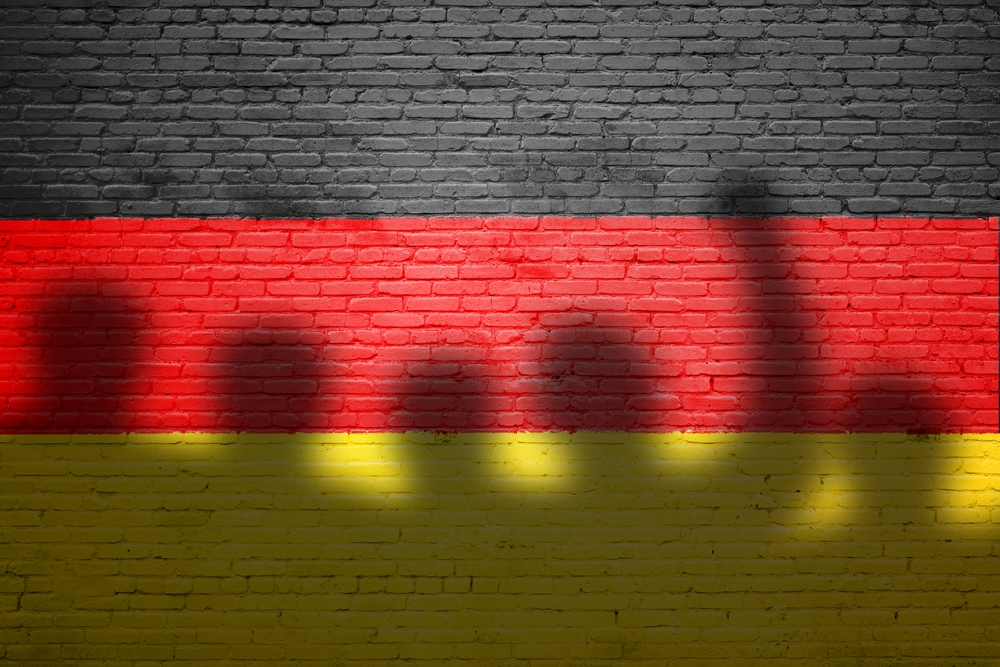As Germany endures its ongoing migrant crisis, the government continues to allocate migrants across the countryside, effectively transforming towns across the nation, many of which have been culturally and ethnically homogenous for hundreds of years. One of the latest cases is the Bavarian town of Rott am Inn, which is seeing wide-scale demonstrations against plans to create a refugee accommodation that will house 500 people.
Protesters gathered at the district council building in Seeon, where they are furious over plans to import 500 migrants, which would then make up more than 10 percent of the town’s population of 4,000.
Notably, residents are blaming the Christian Socialist Union (CSU), which is the political powerhouse in Bavaria and effectively runs the state, with Markus Söder, the minister-president, as the head of the state. In fact, Söder had specifically promised just six months ago to the town that no such asylum home would be built.
The CSU is in a tight alliance with the Christian Democrats (CDU), which has paid lip service to growing rage over mass immigration but has effectively done nothing about the issue in the places it holds power, including in Bavaria. Notably, Angela Merkel, the former CDU chancellor of Germany, is credited with starting the migration crisis in 2016.
“Mr. Söder, you have the power to put an end to this,” reads a poster from a citizens’ initiative. Another reads: “Citizens are still afraid.”
According to the Bayerischer Rundfunk, Heike Bachert from a citizens’ initiative criticizes that there are too many migrants for the small town, with plans for them to move into a former production hall.
It is “no place for humane accommodations,” said Bachert.
Acceptance among the population is low and continues to decline. Chancellor Olaf Scholz (SPD) announced a large-scale repatriation offensive last year — but only “something Mickey Mouse-like” happened. “It’s really no wonder that people are losing trust in this policy.”
District administrators from all over Germany met at the Seeon Monastery for the annual meeting of the German District Council from Sept. 9-10, and oone of the topics at the meeting is migration policy. On Monday in Seeon, Söder called for a sharp reduction in immigration.
“What works in Denmark must ultimately work here too,” he said, referring to Denmark’s strict immigration policy.
Other towns across Germany have dealt with similar scenarios, sometimes to an even more extreme degree. One town in Gerolsteiner Land of 110 people saw 60 migrants installed nearby.
Residents in the Johanneskirchen district of Munich, which has only a population of 2,500, revolted against plans to house 900 migrants nearby just last year.
In Berlin, 110 senior citizens were evicted to make room for refugees, notably by a Christian organization that could make more money housing refugees, also just last year.
After government plans to build a refugee home in Oeventrop in the German state of North Rhine-Westphalia collapsed last year, more than 750 local citizens attending the meeting burst into raucous applause, underlining the growing German backlash against mass immigration.
Container villages are also popping up against the country, and even in cases when city residents vote against the migrant villages in a referendum, they have still been forced to take them in.






